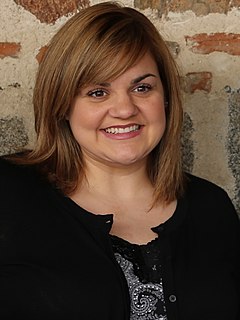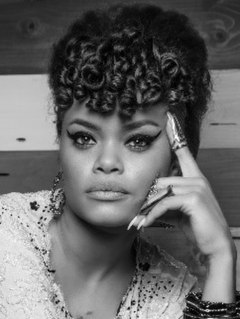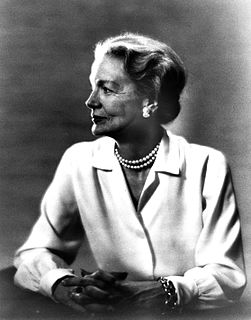A Quote by Marcie Cohen Ferris
Historically, women's voices were central to food narratives, yet they were marginalized, and what happened at the table, the kitchen, the garden, and the fields was silenced. I'm very interested in how food appears in the historical record and animates our understanding of the South. It provides texture both to the past and to our contemporary experience. My work is not about discovering new voices, but rather it encourages voices that have been silenced to come forward and speak a little louder.
Quote Topics
About
Appears
Been
Both
Central
Come
Contemporary
Discovering
Encourages
Experience
Fields
Food
Forward
Garden
Happened
Historical
Historically
How
Interested
Kitchen
Little
Louder
Marginalized
Narratives
New
Our
Past
Provides
Rather
Record
Silenced
South
Speak
Table
Texture
Understanding
Very
Voices
Were
Women
Work
Related Quotes
It was a spring without voices. On the mornings that had once throbbed with the dawn chorus of robins, catbirds, doves, jays, wrens, and scores of other bird voices there was now no sound; only silence lay over the fields and woods and marsh... Even the streams were now lifeless... No witchcraft, no enemy action had silenced the rebirth of new life in this stricken world. The people had done it themselves.
I now understand what Nelle Morton meant when she said that one of the great tasks in our time is to "hear people to speech." Behind their fearful silence, our students want to find their voices, speak their voices, have their voices heard. A good teacher is one who can listen to those voices even before they are spoken-so that someday they can speak with truth and confidence.
If no one speaks out for [young readers], if they don’t speak out for themselves, all they’ll get for required reading will be the most bland books available. Instead of finding the information they need at the library, instead of finding novels that illuminate life, they will find only those materials to which nobody could possibly object... In this age of censorship I mourn the loss of books that will never be written, I mourn the voices that will be silenced — writers’ voices, teachers’ voices, students’ voices — and all because of fear.































